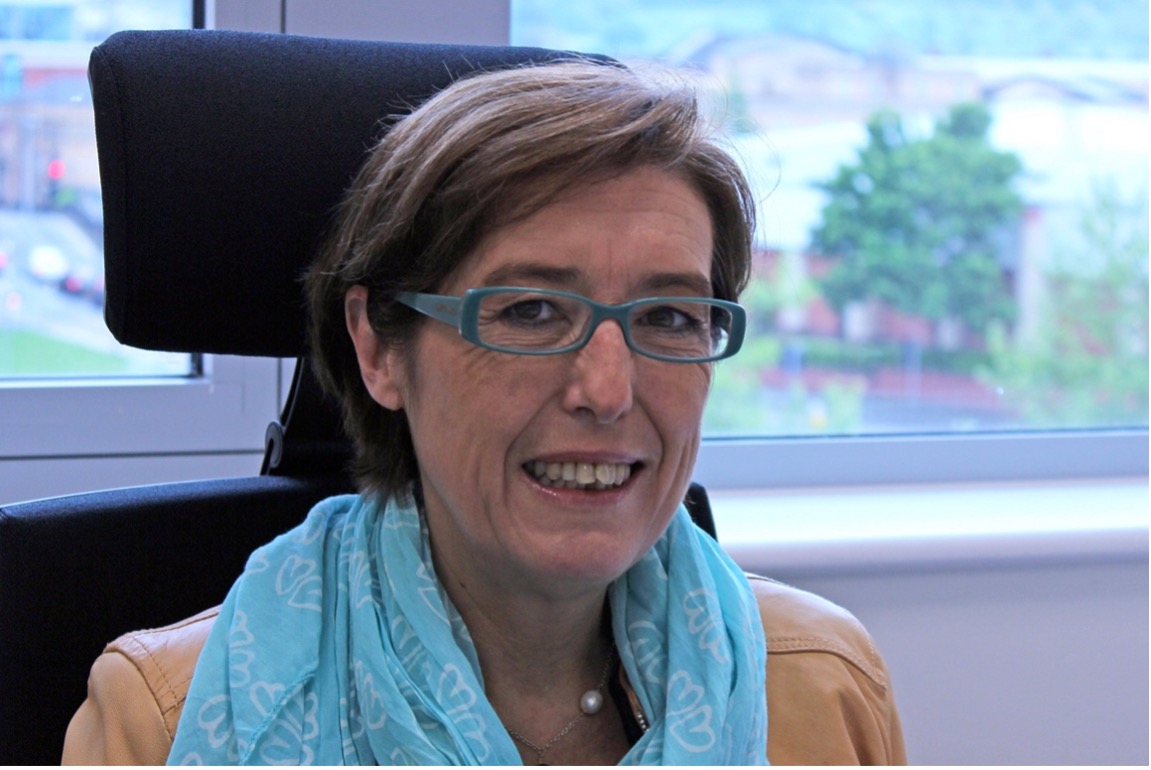
Enkelejda Kasneci
Can Learners Design Their Future? Promoting Agency with Large Language Models in Education
Large language models are disrupting end-user development by empowering non-experts, particularly learners, to design their own digital tools and environments. In education, this change raises a key question: How can learners gain agency as designers of their learning ecosystems and develop tools such as personalized learning aids, collaborative platforms or AI-powered simulations? This talk explores strategies for using large language models for learner-centered end-user development, focusing on intuitive design scaffolding, transparent AI interactions, and fostering creative agency. Drawing on research in educational technology, human-computer interaction, and Generative AI, this talk presents practical examples that illustrate how learners can be empowered while addressing challenges such as digital literacy barriers, AI and algorithmic literacy, and equitable access to technology.
Enkelejda Kasneci is a Distinguished Professor (“Liesel Beckmann Distinguished Professorship”) for Human-Centered Technologies for Learning at the School of Social Sciences & Technology and in her second affiliation at the School of Computation, Information and Technology. She is Director of the TUM Center for Educational Technologies, Core Member of the Munich Data Science Institute and Fellow of the Konrad Zuse School of Excellence in Reliable AI. From December 2019 until July 2022, she was Professor for Human-Computer Interaction at the Department of Computer Science at the University of Tübingen and served to this department as the Dean of Studies. As a BOSCH scholar, she received her M.Sc. degree in Computer Science from the University of Stuttgart in 2007. In 2013, she received her PhD in Computer Science from the University of Tübingen. For her PhD research, she was awarded the Research Prize of the Federation Südwestmetall in 2014. From 2013 to 2015, she was a postdoctoral researcher and a Margarete-von-Wrangell Fellow at the University of Tübingen. She established her research and teaching activities at the University of Tübingen from 2015 to 2019 as an assistant professor and head of the Perception Engineering Lab.

Antonella De Angeli
Efficiency and Creativity: The Myth of Natural Language Interaction
Speed is the distinctive feature of Generative Artificial Intelligence (Gen AI), and creativity is the distinctive feature of human intelligence—a combination of fast and slow thinking. End-User Development (EUD) is the extreme interface between humans and machines. It advances efficient and creative solutions to personal needs. My presentation addresses the following question: “How does the machine speed affect creative EUD?”. I elaborate an answer based on the research with artists we carry out at the Human Technology Lab of the Free University of Bozen-Bolzano. This context naturally brings forward a critical reading of artificial creativity and its impact on users and software. Artists are problem-makers, developers are problem-solvers. The problems exposed by the artists highlighted three main themes related to agency, conflict and ideology. Now it is the responsibility of the EUD community to solve them.
Antonella De Angeli (PhD Experimental Psychology, University of Trieste) is Professor of Human-Computer Interaction at the Faculty of Engineering of the Free University of Bozen-Bolzano. Her research is established in the field of Human-Computer Interaction, where she promotes a theory-led and empirically grounded methodology to investigate cognitive and social consequences of technology on humans. This work has developed across disciplines and countries. Notable institutions include the University of Trieste, Fondazione Bruno Kesler, the Oregon Graduate Institute, NCR Ltd., and the Universities of Manchester, Trento, and Lincoln. She first approached End-User Development in 2007 as the principal investigator of the EC-FP7 project ServfFace for the University of Manchester). She later developed her participatory vision on how to give end-users a voice in the design of their technological life in several national and international projects, including Smart Campus and the Horizon 2020 Pie-News project which she coordinated.